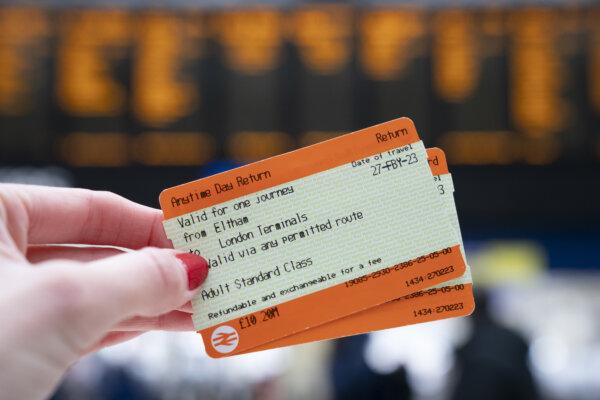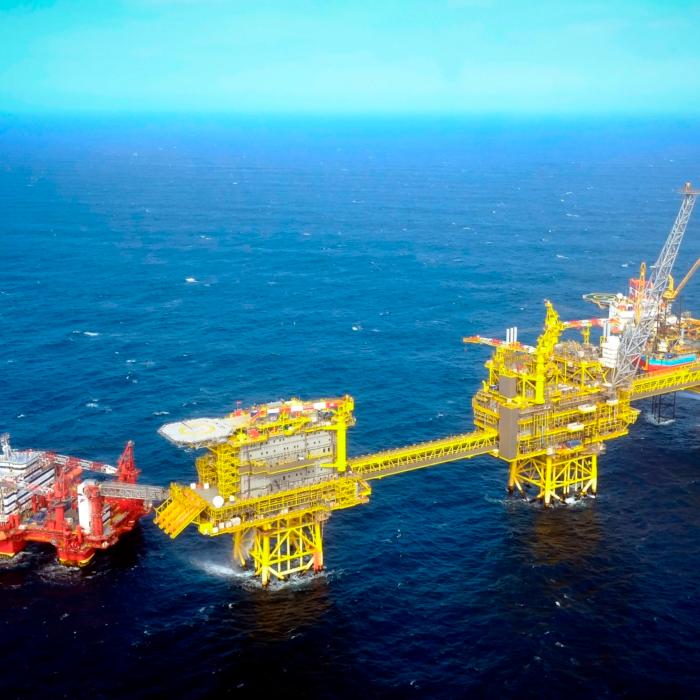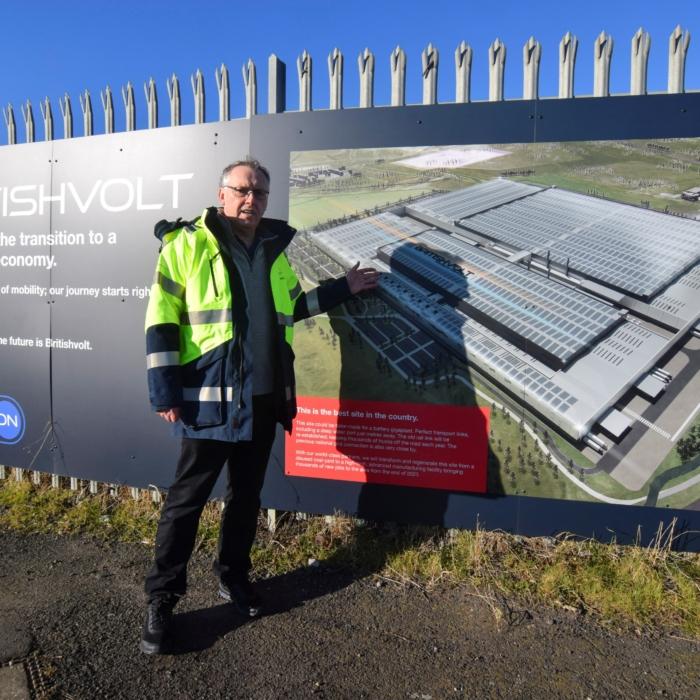The Labour Party says it will transfer all rail networks into public ownership within its first term of government by folding existing private franchises into a new body as they expire.
Shadow transport secretary Louise Haigh said the gradual renationalisation of the railways meant the taxpayer would not have to pay more to compensate private companies running the franchises.
She said, “With Labour’s bold reforms, a publicly-owned railway will be single-mindedly focused on delivering for passengers and will be held to account on delivering reliable, safe, efficient, accessible, affordable, and quality services.”
“Labour’s detailed plans will get our railways back on track, driving up standards for passengers, bringing down costs for taxpayers, driving growth and getting Britain moving,” added Ms. Haigh.
A quarter of the country’s rail network is currently under state ownership after under-performing franchises like Southeastern and LNER were brought under government control through the “operator of last resort” scheme.
The government’s own proposals for rail reform, published in a draft bill in February, would create a new public sector body called Great British Railways (GBR) which would take over Network Rail’s responsibility for rail infrastructure and award contracts to operate train franchises.
The Conservatives say it would eventually, after five years, save £1.5 billion annually by ending inefficiency and fragmentation.
But Ms. Haigh said a Labour government would create a “unified, publicly-owned, accountable and arm’s length” body which would retain the name GBR.
Speaking at Trainline headquarters in central London, Ms. Haigh said, “We will establish Great British Railways, a single, directing mind to control our railways in the passenger interest.”
“Yes, we are keeping the name. I’m afraid I was overruled on calling it Rail Britannia,” she joked.
Railways ‘Symbol of National Decline’
Ms. Haigh claimed Britain’s railways had become a “symbol of national decline” under the Conservatives since 2010.She said: “Cancellations are at record highs, fares have risen almost twice as fast as wages since 2010, and strikes are costing £25 million a day. Today’s broken model simply doesn’t work.”
Last year Prime Minister Rishi Sunak scrapped plans for the second phase of the HS2 rail network from Birmingham to Manchester.
Britain is the birthplace of the railways. The first steam locomotive, Stephenson’s Rocket, was invented in England in 1829 and by 1900 there was a huge railway network across the country.
The rail network was nationalised by Labour Prime Minister Clement Attlee in 1948 as British Rail, but was privatised by Prime Minister John Major’s Conservative government in 1993.
Ms. Haigh said privatised railways had never worked well.

During her speech she quoted Grant Shapps when he was transport secretary, who said, “Unlike most privatisations, that of the railways has never become publicly accepted, because its failings have remained all too obvious … the fragmentation of the network has made it more confusing for passengers, and more difficult and expensive to perform the essentially collaborative task of running trains on time.”
Ms. Haigh said, “I can’t today set out that we will lower fares, not least because they are incredibly complex and regulation needs reform as well.”
‘Dizzying Array of ... Tickets and Fares’
Ms. Haigh said passengers found a “dizzying array of different types of tickets and fares” and she said her plan was for a fully digitised system whereby people could tap-in, like they do in London, when they arrive at a station and automatically get the cheapest fare.The rail unions immediately welcomed Labour’s plans.
Mick Lynch, general secretary of the Rail, Maritime and Transport union, said, “Labour’s commitment to bring the train operating companies into a new unified and publicly-owned rail network is in the best interests of railway workers, passengers, and the taxpayer.”
Mick Whelan, the general secretary of Aslef, said, “We have seen more positivity in this stunning Labour Party vision for rail than anything at any time from the Tories during their failed privatisation and subsequent incoherent rail reform programme.”
But Transport Secretary Mark Harper said: “This is an unfunded spending promise because Labour do not have a plan to pay for it. That means higher taxes on working people.”
“But the real risk for rail passengers is [Labour deputy leader] Angela Rayner’s policy to bring back French-style, low threshold, zero warning strikes which will disrupt rail services. That’s because within their first 100 days Labour will reverse all the trade union laws we have passed, making it much easier for rail unions to strike,” he added.
Johnbosco Nwogbo, from public ownership campaign group We Own It, said Labour’s policy did not go far enough.
He said, “If Labour is serious about preventing leaking profits, they should go further and commit to renationalising the rolling stock companies to prevent hundreds of millions of pounds going out in profits.”







